Reverse Mortgage vs. Home Equity Loan: Making the Right Choice for Your Retirement
Equal Housing Lender


Licensed by Department of Business Oversight under California Residential Mortgage Lending Act
© 2024 — City First Mortgage Services

Today, we're exploring two popular financial tools that homeowners often consider for accessing their home equity: reverse mortgages and home equity loans. Understanding the nuances of each can empower you to make the best decision for your financial future.
1. No Monthly Mortgage Payments with Reverse Mortgages
One of the most significant advantages of a reverse mortgage over a home equity loan is the absence of monthly mortgage payments. While you still need to pay property taxes, insurance, and maintain the home, a reverse mortgage provides liquidity without the monthly burden of loan repayment.
2. Age and Equity Requirements
Reverse mortgages are specifically designed for homeowners aged 62 and older, offering a solution tailored to the financial needs of retirees. Home equity loans, on the other hand, are available to a broader age range but don't provide the same age-specific benefits.
3. Loan Repayment Structure
A reverse mortgage is typically repaid when the last borrower moves out of the home or passes away. This feature allows for greater financial flexibility in retirement, whereas a home equity loan requires regular repayments, which could strain your retirement budget.
4. Impact on Heirs
Both loan types impact heirs, but with a reverse mortgage, heirs are not personally liable for the debt if the home's sale doesn't cover the loan balance, thanks to the non-recourse feature. Home equity loans do not offer this protection, potentially leaving heirs responsible for any shortfall.
5. Access to Funds
A reverse mortgage offers multiple ways to access funds, including lump sum, monthly payments, or a line of credit. Home equity loans typically provide a lump sum or a line of credit, but without the option for structured monthly disbursements.
6. Financial Planning Flexibility
The flexibility of a reverse mortgage can be a significant advantage for financial planning. The ability to tap into home equity without monthly repayments can be a strategic tool for managing retirement finances, unlike the fixed repayment structure of a home equity loan.
7. Interest Accumulation
With a reverse mortgage, interest accumulates over the life of the loan, which might concern some homeowners. However, this feature allows for greater liquidity during retirement, whereas home equity loans require immediate interest payments, affecting your monthly budget.
8. Loan Purpose and Usage
While both loan types allow you to use the funds for various purposes, a reverse mortgage's flexibility is particularly beneficial for retirees looking to supplement income, cover healthcare costs, or make home improvements to support aging in place.
9. Qualification Criteria
Qualifying for a reverse mortgage is often easier for older homeowners, especially those with limited income, as the loan is primarily based on home equity and age. Home equity loans typically require a more stringent income and credit check.
10. Long-Term Financial Security
Choosing a reverse mortgage can contribute to long-term financial security in retirement, providing a buffer against unexpected expenses and market fluctuations without the obligation of monthly loan repayments.

Read More:







